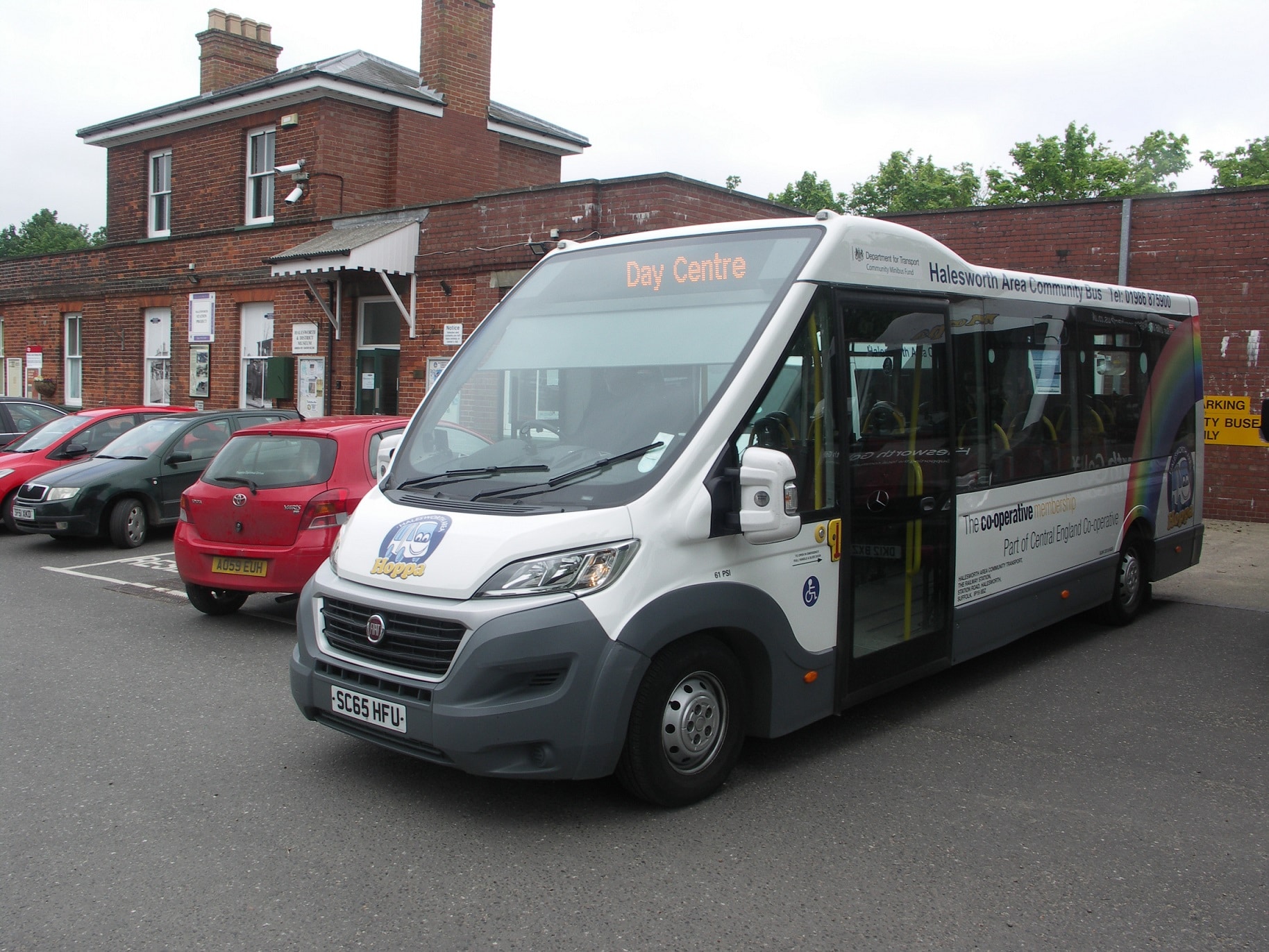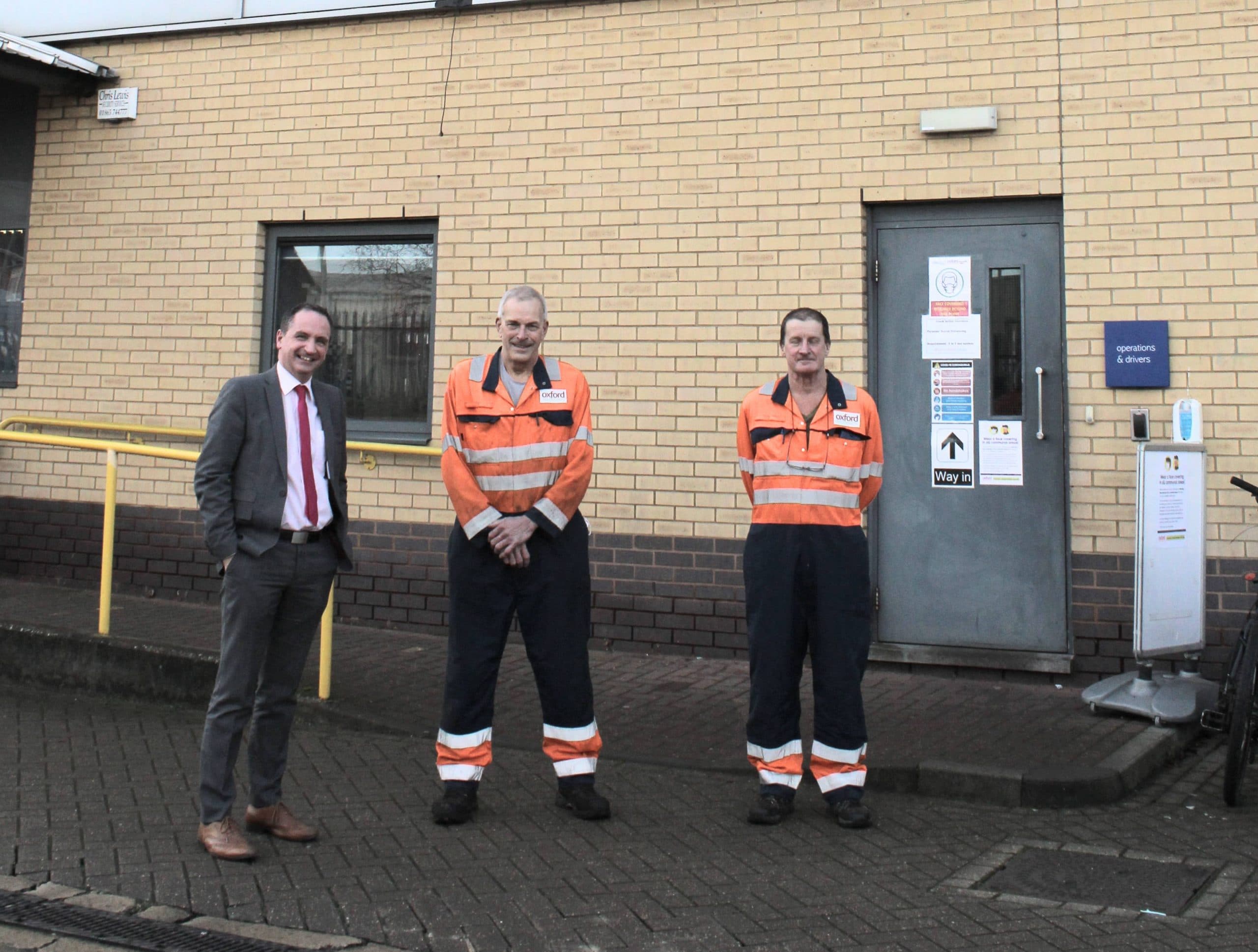The Department for Transport (DfT) has issued updated guidance on Section 19 and Section 22 permit use. Changes centre on the High Court judgment from a Judicial Review brought in 2019 by the Bus and Coach Association (BCA), which represented a group of commercial operators.
BCA asked DfT to issue guidance on the application of the exclusively for non-commercial purposes exemption from EU Regulation 1071/2009. BCA alleged that in some cases, the exemption was being utilised inappropriately.
DfT’s revised document largely follows the judgment closely. It formalises terms for the non-commercial exemption, but it does not detail enforcement measures.
While the guidance clarifies the government’s position, existing permit holders will find that they shoulder the burden of deciding if they satisfy the non-commercial exemption. They must be able to provide evidence to the issuer, if required. Organisations seeking a permit and wishing to use the exemption must satisfy themselves that they will fall within it before applying.
CTA welcomes extended Section 19 and Section 22 permit guidance
The Community Transport Association (CTA) has welcomed DfT’s stance. In a message to members, CTA notes that the “significant degree of discretion” awarded to community transport operators (CTOs) and permit issuers “might not provide the back and white clarity” that some wanted, but leaves a wide scope for organisations to demonstrate their eligibility for the exemption.
The Confederation of Passenger Transport has voiced concerns about the lack of enforcement detail in the guidance and its “failure to mention the determining factors set out by the High Court judgment that can show that a permit holder is engaging in exclusively non-commercial activities.”
CTA describes the revised document as “a lot better for CTOs” than previous DfT positions. Those did not consider why an organisation does something when assessing how the non-commercial exemption is applied, CTA claims.
“The judgment was clear that organisational purpose matters, and a CTO could still be considered to have exclusively non-commercial purposes even if it has a healthy financial position, competes for contracts, employs staff and generates surpluses that cross-subsidise other activities,” says CTA.
Case-by-case basis view required when considering non-commercial
When interpreting the meaning of the non-commercial exemption, “the judgment focused on requiring an operator to ascertain all of its purposes in providing road passenger transport services,” says the guidance. That includes why it provides those services, and whether all those purposes are exclusively non-commercial.
Whether the exemption is satisfied will be determined “on the basis of a multi-factor assessment by a permit issuer, having regard to all of the principles and considerations set out in the judgment as well as any other relevant considerations, and should be decided on a case-by-case basis,” it adds.

There is no mention that issuing bodies will need to assess existing permit holders’ compliance with the exemption, when they rely on it.
But the guidance does offer advice should issuers be unclear whether a new applicant satisfies the exemption.
Making a surplus does not prevent an organisation from meeting the non-commercial exemption. When one is made, permit holders must retain evidence about when and how it has or will be reinvested into their organisation.
Tendering covered in new Section 19 permit and Section 22 guidance
The guidance notes the judgment that operators engaging in competitive tendering may still fall within the non-commercial exemption, providing that their purposes for engaging in such work are purely non-commercial. That had been at the heart of BCA’s complaint.
“The overall extent of competitively tendered contracts which a permit holder operates can be indicative of its purposes, and therefore should be taken into account in assessing whether an organisation comes within the exemption,” says the document.
“The judgment clarifies that the amount of competitive tendering is not in itself sufficient to prevent an operator being able to fall within the non-commercial exemption.” All of the factual circumstances need to be considered on a case-by-case basis, it adds.
Connected to this are words on cross-subsidy, which the judgment does not completely preclude.
“For example, if an operator providing rural bus services is doing so for the sole purpose of providing social welfare, then the fact that some routes are profitable while others are not, does not prevent it from falling within the non-commercial purposes exemption, despite an element of cross-subsidisation between different routes.”
The size and scale of a permit holder should be considered when assessing its eligibility for the non-commercial exemption, as part of considering the purpose for which it engages in transport.
The guidance notes that where a large CTO competes with large commercial operators, “then this factor may make it more difficult to conclude that the purposes for which the [community] operator is engaging in road passenger transport are ‘exclusively non-commercial’.”



























